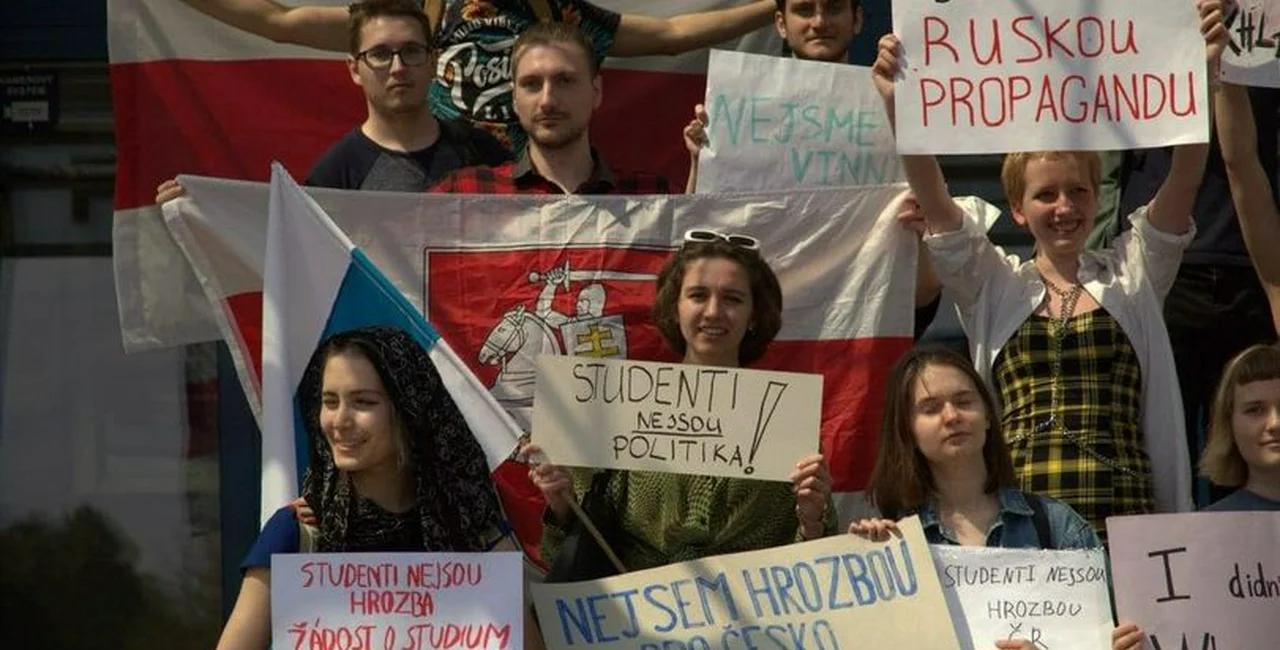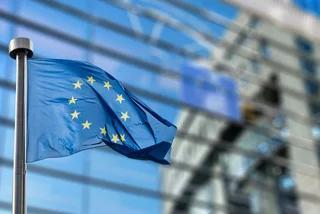The number of Russian and Belarusian holders of Czech humanitarian visas has significantly increased since the beginning of Russia's invasion of Ukraine. Mainly human rights advocates, independent journalists, and activists have received the visas, Foreign Minister Jan Lipavský told the Czech News Agency (ČTK) on Monday.
The government decided shortly after Russia's attack on Ukraine that it would suspend issuing visas to Russian nationals except for humanitarian cases. Later, this suspension was also applied to Belarusians.
"After a relatively short time, we expanded the humanitarian reasons to family reunification," Lipavský said. He did not specify the number of humanitarian visas the Czech Republic has issued.
Lipavský is of the view that the Czech Republic has an asylum procedure tool that provides international legal protection, but other systemic solutions may be still sought, too.
Belarusian politician, opposition leader, and activist Sviatlana Tsikhanouskaya will visit Czechia this week. On Tuesday, she will meet Lipavský and lower house chairwoman Markéta Pekarová Adamová.
"For this occasion, we are drafting a document for the prime minister that will also include support for an adequate representation of the Belarusian democratic opposition in Prague. We are looking for a way to help persecuted Belarusian students, too," Lipavský added.
"By far, not all Russians and Belarusians approve of the war against Ukrainians. It is our duty to support them, regardless of whether they stay in Russia and Belarus or were forced to flee," Lipavský added.
At the same time, the Ministry of Interior recently announced that it wants the Czech Republic to continue denying visas and residence permits to Russians and Belarusians even after the current state of emergency ends on May 31.
The ministry argued that these measures will exert pressure on Russia and Belarus, and may help end the war. It has also proposed that the government be given the power to regulate the entry and stay of all foreigners from third countries.
According to the findings of the news server news server Lidovky.cz, it should last until March 31, 2023. That is, for the same period for which temporary protection is granted for refugees from Ukraine. This follows from draft legislation submitted by the Ministry of the Interior. The amendment is now in the government's comment procedure.
Russian and Belarusian students are also threatened with expulsion from Czech universities, and it remains unclear whether universities will accept students from the two countries in the upcoming academic year.
"We need to be mindful of our country's security, and perhaps educating Vladimir Putin's IT experts and sending him back future hackers is a security risk for us," Education Minister Petr Gazdík said, according to news server iDnes.cz.
In response, Russian and Belarusian students held a protest to condemn Russian aggression and to point out that students are not a security threat.
The Belarusian diaspora has also drawn attention to the fact that Belarusian and Russian students are not in the same boat as hundreds of Belarusian students who came to the Czech Republic upon facing repression in their country in the aftermath of the Lukashenko government's crackdown on the protesters in 2020.
A blanket ban on visas for Belarusians and Russians, in which Czechia "excels" over other European countries, may not be very advantageous, public radio station iRozhlas stated. Apart from the Czech Republic, Poland and Latvia are following similar policies regarding visas.
With compulsory basic military service present in both Russia and Belarus, young men who disagree with the war and who would like to avoid mobilization have gone to study or work abroad in the past.
"Let's tighten our stance against Russia, but let's tighten it where it makes sense; let's not take away people's chance to leave this hell," lawyer Jiří Pokorný said.
"Not all Russian banks are disconnected from SWIFT," Pokorný said, referring to the international banking clearance system.
"There is a lot of property that belongs directly to the Russian Federation. And when you compare it with what happens to ordinary people, it's quite disproportionate," Pokorný concluded.












 Reading time: 3 minutes
Reading time: 3 minutes 





























